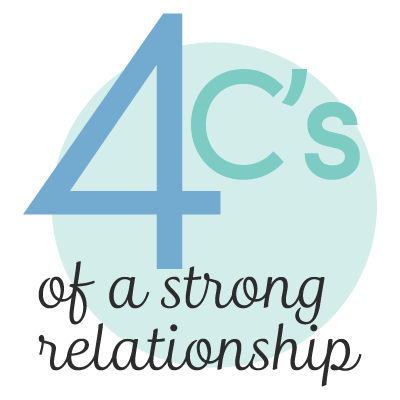When you feel challenged in your relationships with others, therapy can help you understand the core of the problem, and give you the insight and tools you need to improve these interactions. It will assist you in gaining a sense of personal control, meaning and connection in your life.
Couples
Issues facing couples may include; communication breakdown, infidelity, financial stress, sexual difficulties and trust issues. Counseling provides a neutral arena to help couples increase their ability to improve their relationship with each other. This includes: building effective communication skills, reducing conflict, developing intimacy, resolving sexual issues and rebuilding trust in a safe, constructive way. Often time’s disappointment, hurt and frustration tend to mount in a relationship and couples tend to find themselves at opposite end of the spectrum. Too much hostility, conflict, anger can take the form of silence, withdrawal, defensiveness, criticism, depression, feelings of hopelessness, and just feeling stuck. When couples attempt to communicate with each other they often argue, disagree and are unable to see the other’s perspective and tend to shut out the other’s view. Learning to listen to each other and seek alternative solutions is important for the future growth of the relationship. Counseling seeks to provide help in resolving these issues and develop positive techniques that the couple can use in the future.
The 4 C’s of a Strong Relationship
Consciousness/Awareness
We often find ourselves in unsatisfying relationships and feeling unable to take control of our lives. Without the awareness of personal values, beliefs, and goals, we remain stuck. Often in a relationship we believe we are seeing both sides from our perspective. “It is not our intention but yet our perception” Sometimes our perception is not always in touch with reality and therapy can often be a warm and accepting place to explore it and improve our awareness of our partner.
Chemistry
Is the fire still there? What level of sexuality is your relationship/marriage/partnership? Desire Discrepancy (2 people having different sexual drives) is extremely common in relationships. When it comes to sex remember “it is our intention not our inclination” Pat Love
Compatibility
Are you and your significant other Friends? Do you have shared interest? What was the basis for you meeting and remaining together? Compatibility has been ranked the number one aspect in keeping couples together in difficult times. This will be addressed and nurtured in therapy.
Commitment
Remember therapy is a commitment and by showing up, you have taken another major step in displaying your commitment. Definition of personal commitment needs to be explored by the couple as you experience lifestyle differences, personal and historical family values, money management issues, cohabitation, monogamy, sexuality, infidelity and personal identity. Taking the next step towards your relationship and making a deeper commitment can often be very rewarding.
































